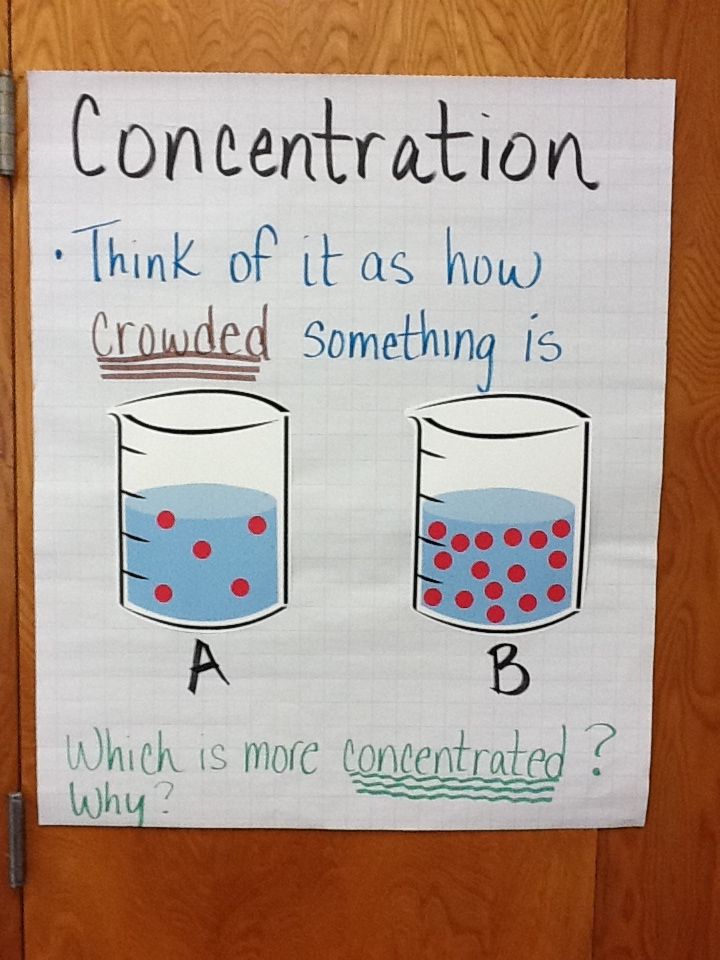Careers with the Highest Divorce Rates-and How to Change Course for a Healthier Lifestyle
Understanding Divorce Rates by Profession
The link between occupation and marital stability is a topic of growing concern, especially as research shows that certain careers are associated with significantly higher divorce rates. According to data gathered by Nathan Yau and further analyzed by multiple legal and career resources, the professions most prone to divorce are those marked by high stress, irregular hours, or persistent emotional pressure. These factors often not only strain marriages but also motivate individuals to change their career or lifestyle in search of greater well-being and stability. This article explores which careers top the list for divorce rates, why this often triggers major life changes, and what actionable steps you can take if you find yourself in a high-risk profession. [1] [2] [4] [5]

Source: pixabay.com
Professions with the Highest Divorce Rates
Recent studies and census data indicate that the following occupations have the highest divorce rates in the United States:
- Gaming Managers : Divorce rate of 52.9%. These professionals work in casinos or gambling environments, facing long hours, stressful decision-making, and constant exposure to alcohol and demanding clients. The work environment contributes heavily to marital strain, often resulting in emotional distance and increased risk of infidelity. [1] [4]
- Bartenders : Divorce rate of 52.7%. The social and late-night nature of bartending, frequent alcohol exposure, and irregular work schedules can make it difficult to maintain stable relationships. [2] [5]
- Flight Attendants : Divorce rate of 50.5%. Regular travel and extended periods away from home can put considerable stress on marriages, with partners often feeling disconnected. [2] [1] [4]
- Gaming Service Workers : Divorce rate of 50.3%. Similar to gaming managers, these workers face high-pressure environments and unpredictable schedules. [4]
- Rolling Machine Setters, Operators, and Tenders : Divorce rate of approximately 50.1%. Industrial jobs can be physically demanding and financially unstable, with long hours that diminish quality time at home. [2]
- Telemarketers : Divorce rate of 47.8%. High-stress, repetitive tasks and constant rejection can lead to burnout and marital tension. [1]
Other high-risk fields include protective services (such as law enforcement and firefighters), office and administrative support, and certain industrial and transportation roles, often with divorce rates ranging from 35% to nearly 50%. [3]

Source: strengthstheatre-com.medium.com
Why Do These Careers Lead to Higher Divorce Rates?
There are several underlying causes behind the high divorce rates observed in these professions:
- Work-Related Stress : Jobs that require significant emotional labor, high stakes decision-making, or confrontational customer service can accumulate stress that spills into personal relationships. [2]
- Irregular and Long Hours : Frequent night shifts, unpredictable schedules, and extended time away from home reduce opportunities for meaningful connection between spouses. [3]
- Exposure to Alcohol and Social Environments : Professions centered around nightlife and hospitality often involve increased exposure to alcohol, which can lower inhibitions and increase risk of infidelity. [1]
- Financial Instability : Many of these jobs are not highly compensated, contributing to stress and conflict over money matters. [2]
Studies repeatedly show that these factors combine to make it difficult for couples to manage daily stressors, maintain communication, and resolve conflicts, ultimately increasing the risk of divorce. [4]
How Divorce Can Lead to Career and Lifestyle Changes
Divorce often acts as a catalyst for major life transitions. Individuals leaving high-stress careers may seek new opportunities that offer better work-life balance, increased satisfaction, and improved mental health. Common reasons for changing careers after divorce include:
- Desire for Stability : Many choose careers with more predictable schedules or less emotional labor.
- Mental Health Recovery : Post-divorce, individuals might prioritize roles that reduce exposure to stressors contributing to marital breakdown.
- Financial Reassessment : Divorce may prompt a reevaluation of income sources and career advancement opportunities.
- Personal Fulfillment : Some pursue work that aligns more closely with personal passions and goals, helping to rebuild self-esteem and identity.
Real-world examples include bartenders retraining for administrative roles, flight attendants shifting to customer service positions with stable hours, and casino workers moving into corporate environments or remote work.
Actionable Guidance: Changing Careers for a Healthier Lifestyle
If you are in a profession with a high divorce rate and considering a career change, several steps can help you transition effectively:
- Self-Assessment : Evaluate your strengths, interests, and the aspects of your current job that contribute to stress or dissatisfaction. Consider what changes would improve your quality of life.
- Skill Development : Look for online courses, certification programs, or local workshops to develop new skills. Many community colleges and state workforce agencies offer retraining programs.
- Professional Guidance : Reach out to career counselors or coaches. Your local workforce development office can connect you with mentors and support networks.
- Networking : Attend local job fairs, industry meetups, and professional organizations to explore opportunities in lower-risk fields.
- Job Search Strategy : Use reputable job boards such as Monster.com or Indeed.com to research openings in desired industries. Be sure to read job descriptions carefully for information on hours, stress levels, and company culture. [4]
- Mental Health Support : Consider speaking with a counselor or therapist to navigate the emotional challenges of career transition and divorce.
- Financial Planning : Consult with a financial advisor to budget for retraining, relocation, or temporary reductions in income.
Official resources may be available through your state’s workforce development agency, local community college, or mental health department. If you cannot verify specific program links, search for your state’s official workforce development office or contact your local government for guidance.
Alternative Pathways and Solutions
If a complete career change is not practical, there are alternative strategies for improving work-life balance and marital satisfaction:
- Negotiate flexible work hours or remote arrangements if possible.
- Establish boundaries between work and personal time to reduce stress spillover.
- Engage in regular communication and conflict resolution training with your spouse.
- Participate in employee assistance programs (EAPs) for counseling and stress management.
Many employers offer resources to support mental health and work-life balance, but availability varies by company and region. If unsure, ask your human resources department about EAPs or wellness initiatives.
Key Takeaways
Careers in gaming management, bartending, flight attendance, and similar high-stress roles are statistically linked to higher divorce rates. While occupation is only one factor among many influencing marital stability, individuals in these fields often seek changes in career or lifestyle after divorce to achieve better mental health, financial security, and personal fulfillment. Comprehensive support is available through professional guidance, retraining programs, and workplace initiatives. If you need help, start by contacting your local workforce development office or searching for mental health and career counseling services in your area.
References
- [1] Petrelli Law (2025). 10 Careers With the Highest Divorce Rates.
- [2] AZ Criminal and Family Law (2024). Professions With The Highest Divorce Rate.
- [3] Crystal Wright Law (2024). 10 Jobs With The Highest Divorce Rates.
- [4] Monster.com (2024). Professions With The Highest Divorce Rate.
- [5] Travis Walker Law (2024). Divorce Rate Statistics by Age, Location, Occupation.



